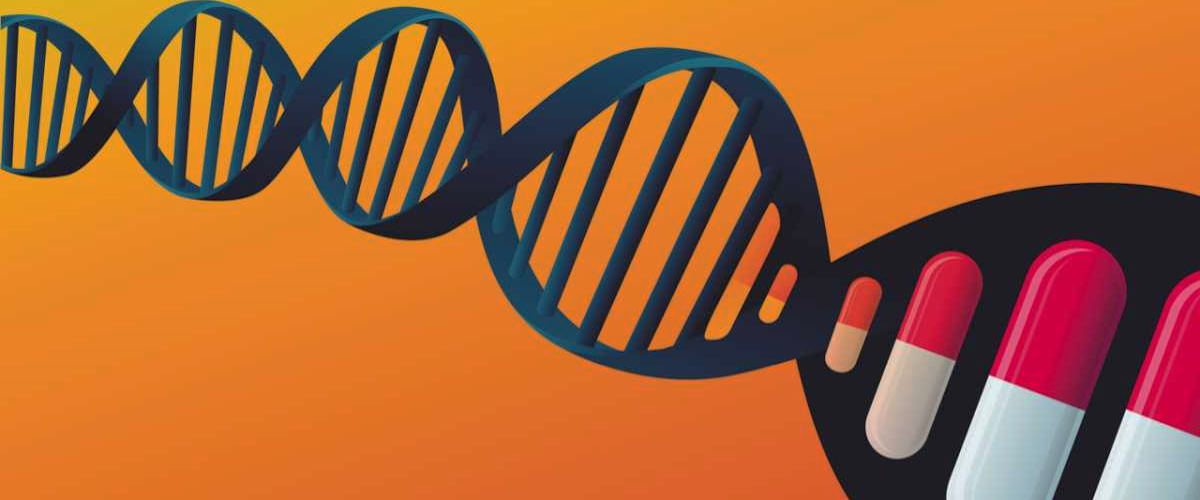Exploring the Benefits of Biomolecular Screening for Personalized Medicine

Biomolecular screening is rapidly transforming the landscape of personalized medicine, offering the potential to create more effective, individualized treatment plans. By analyzing a patient’s unique biomolecular data, clinicians can optimize therapies tailored to the individual’s genetic, environmental, and lifestyle factors. This article explores how biomolecular screening is revolutionizing personalized medicine, with a focus on optimizing treatment plans, genomic profiling, and the future of molecular diagnostics.
Optimizing Treatment Plans Through Biomolecular Data
Biomolecular screening allows for the collection and analysis of a variety of biological markers, including genetic sequences, proteins, and metabolites. This data enables clinicians to make more informed decisions regarding treatment plans.
- Precision in Treatment: With detailed biomolecular data, healthcare providers can identify the most effective treatments based on the patient’s individual molecular profile.
- Avoiding Adverse Effects: Screening can help predict how a patient might respond to certain drugs, reducing the risk of adverse reactions and ensuring that treatments are well-tolerated.
- Improved Outcomes: Personalized treatment plans lead to higher success rates by targeting the root cause of a disease rather than applying a one-size-fits-all approach.
Biomolecular data serves as a powerful tool for creating precision medicine strategies that are tailored specifically to the needs of individual patients.

Genomic Profiling for Individualized Care
Genomic profiling plays a significant role in the personalized medicine approach. By examining the DNA of patients, genomic screening reveals valuable insights into the genetic mutations and variations that may affect their health.
- Cancer Treatment: In oncology, genomic profiling helps identify specific genetic mutations in tumors, allowing for targeted therapies that are more effective and less invasive than traditional chemotherapy.
- Inherited Disorders: Through genomic profiling, inherited diseases can be detected early, enabling preemptive action and early intervention strategies.
- Pharmacogenomics: Genomic data can guide the selection of drugs that are more likely to be effective for a patient, optimizing drug dosage and minimizing risks.
Genomic profiling is essential for crafting individualized care strategies that are not only more effective but also more cost-efficient.

The Future of Molecular Diagnostics in Medicine
Molecular diagnostics are rapidly advancing, and with these innovations comes the potential for even more precise and personalized medical care.
- Point-of-Care Testing: Future advancements in molecular diagnostics could lead to faster, more accessible testing at the point of care, ensuring timely intervention.
- Integration with AI: Artificial intelligence (AI) is expected to play a major role in interpreting complex biomolecular data, offering real-time insights for better decision-making.
- Expanded Access: As molecular diagnostic tools become more affordable, access to personalized medicine may increase, allowing more patients to benefit from these advancements.
The future of molecular diagnostics promises to revolutionize healthcare, making it more personalized, efficient, and accessible.
Biomolecular screening offers significant advantages in personalized medicine, from optimizing treatment plans to genomic profiling for individualized care. As technology continues to advance, molecular diagnostics will play an increasingly pivotal role in the future of healthcare, offering the promise of more precise, effective, and tailored treatments for patients. With the potential to improve patient outcomes and reduce costs, the future of personalized medicine looks incredibly promising.

